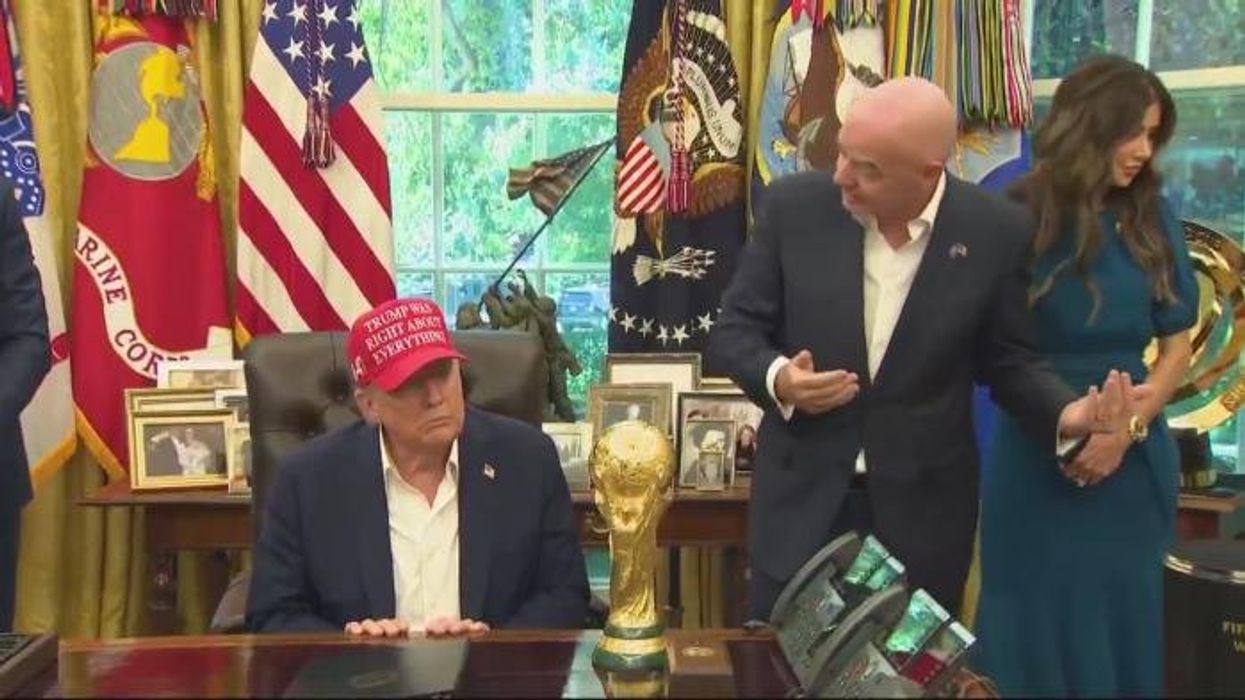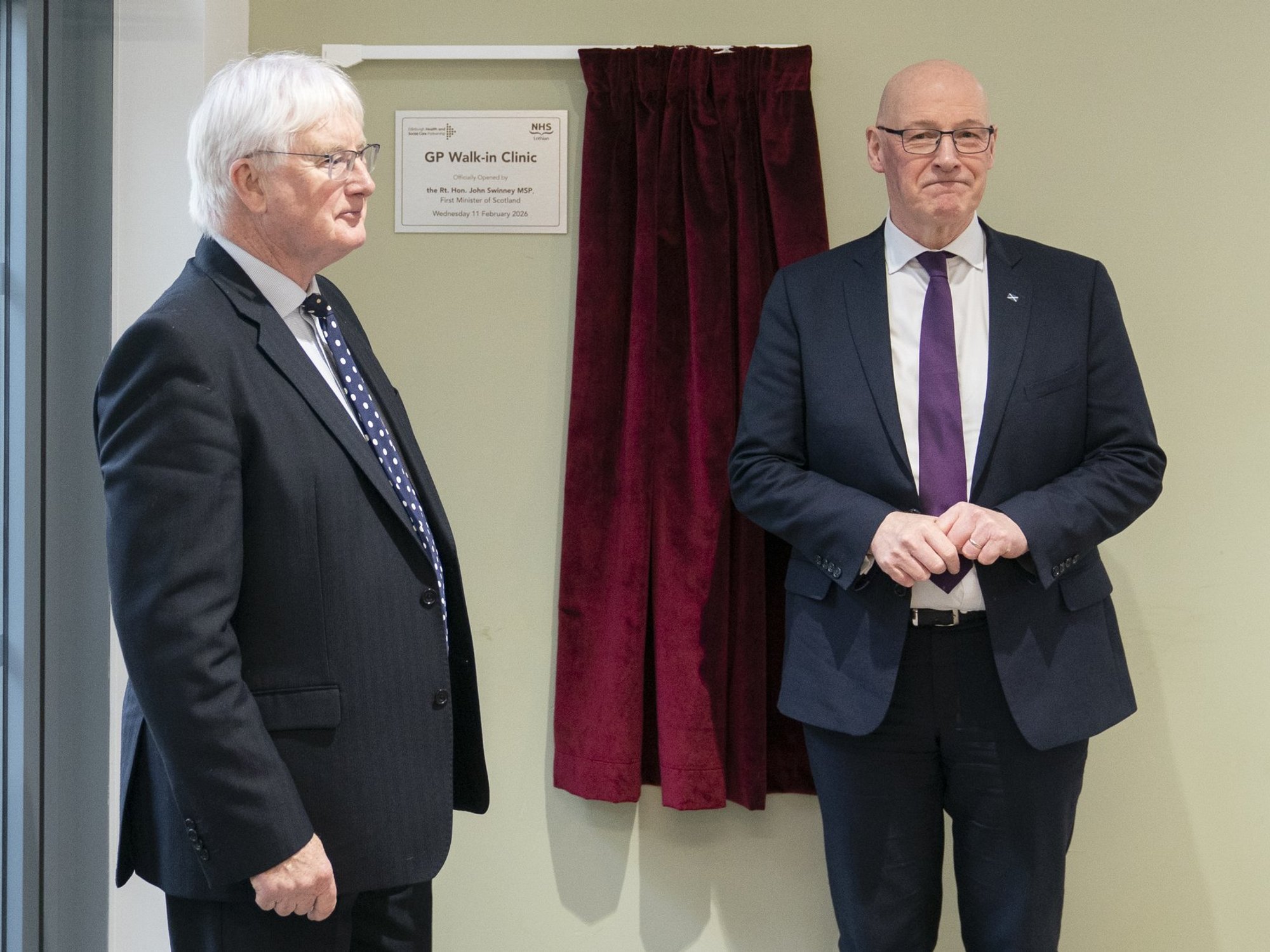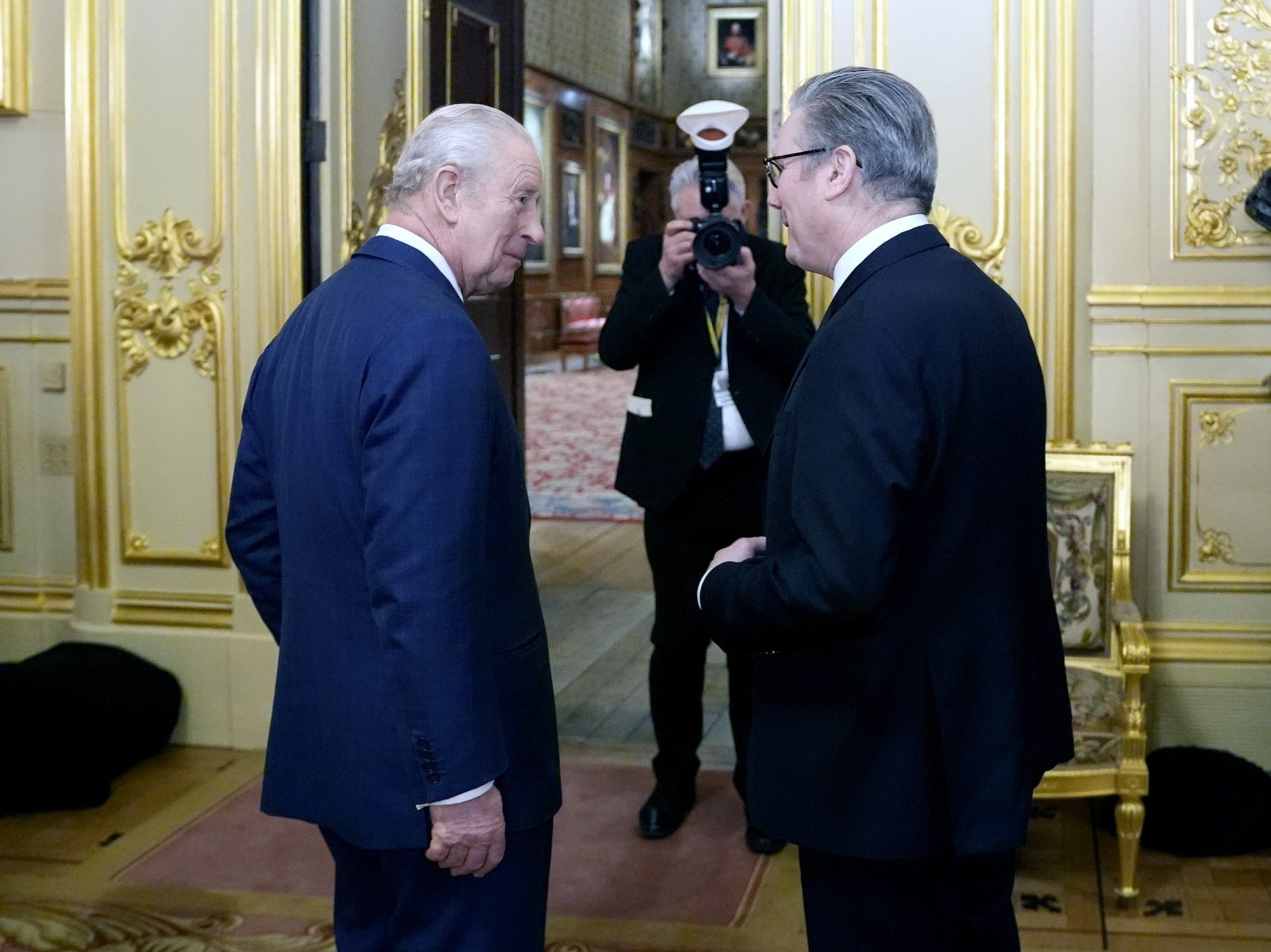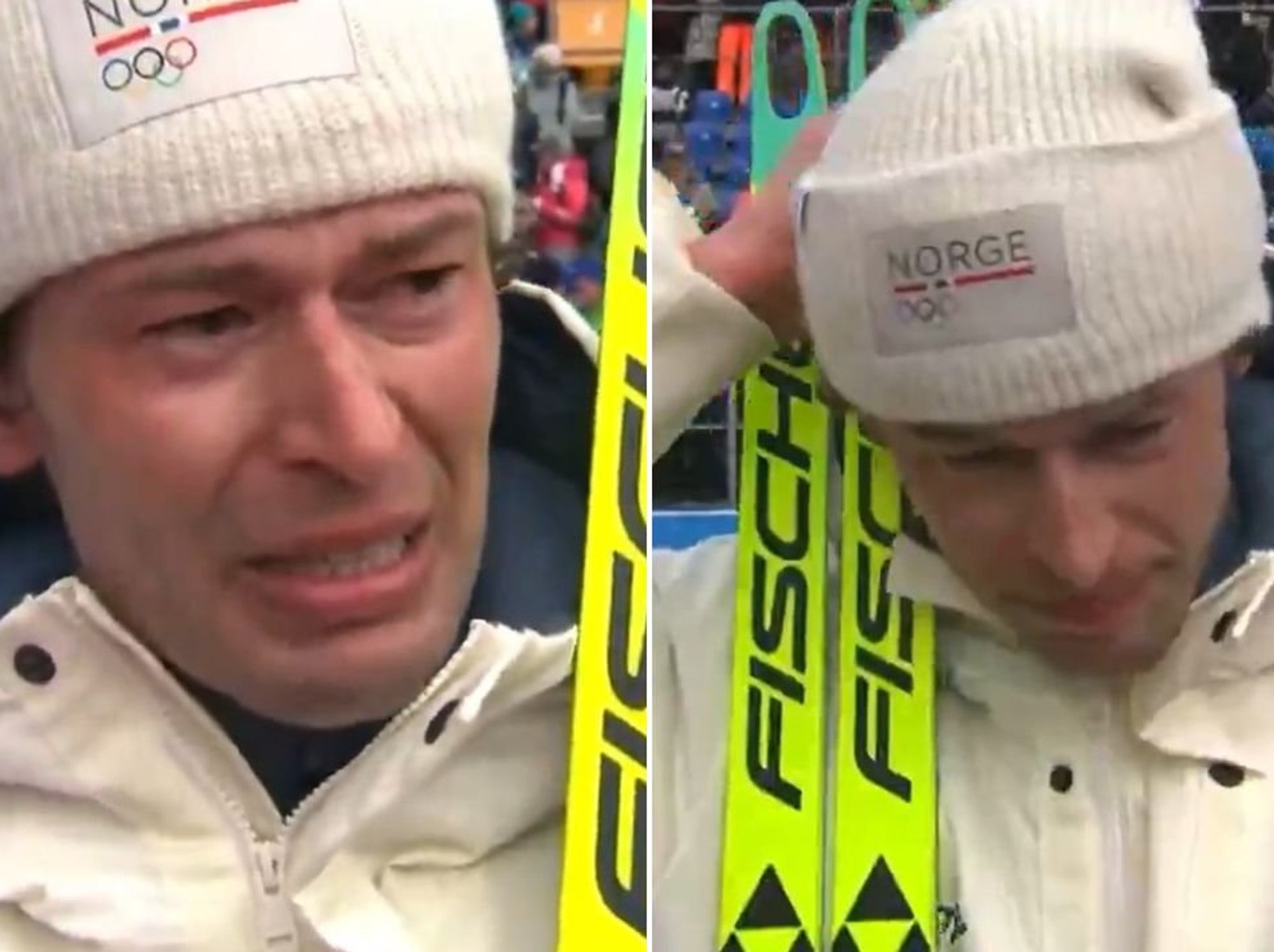Morocco shoot 'thousands of dogs' to 'clean up streets' ahead of 2030 World Cup
Morocco are set to host World Cup matches in 2030 alongside Spain and Portugal
Don't Miss
Most Read
Animal welfare organisations have documented extensive evidence of stray dogs across Morocco being subjected to brutal killings in what campaigners describe as an attempt to sanitise the nation's streets before co-hosting the 2030 World Cup alongside Spain and Portugal.
The International Animal Welfare and Protection Coalition has gathered disturbing footage showing dogs being shot, poisoned, beaten to death and burned alive, with the violence allegedly escalating since Morocco secured its World Cup hosting rights.
Campaigners assert that potentially hundreds of thousands, possibly millions, of stray dogs face elimination as part of this campaign, which they claim has intensified ahead of the Africa Cup of Nations scheduled for later this year.
FIFA faces mounting criticism for allegedly ignoring substantial evidence of these inhumane practices despite receiving extensive documentation from animal rights groups.
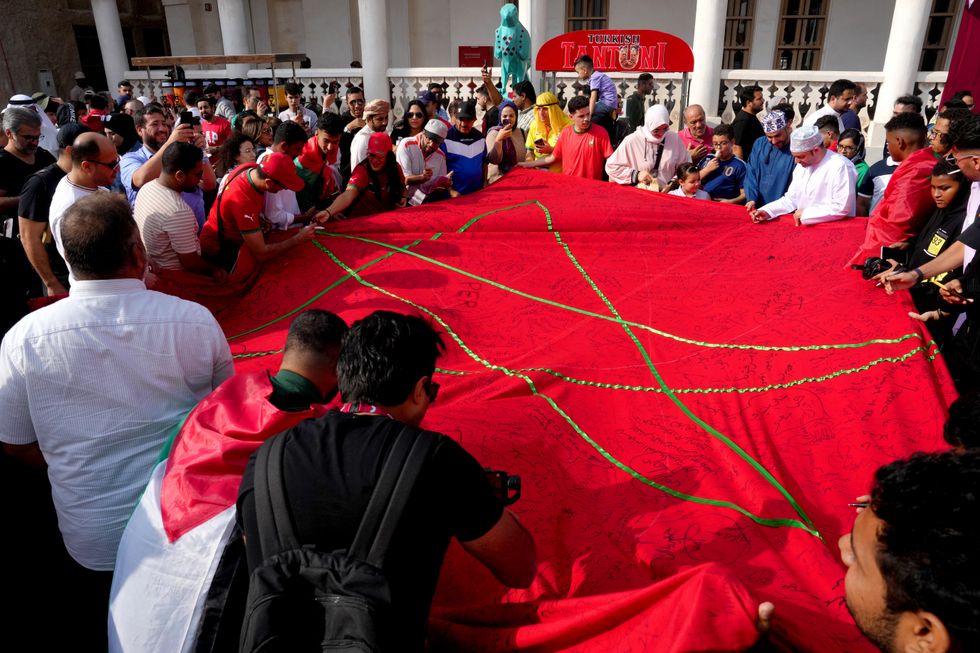
Morocco officials have reportedly shot 'thousands of dogs' to 'clean up the streets' ahead of the 2030 World Cup
|PA
Human rights groups report that the killings frequently occur in public view, causing severe psychological harm to young witnesses.
FairSquare organisation stated there is "credible evidence that children who witness the killings are suffering serious trauma as a consequence".
A Moroccan mother, identified only as Latifa due to safety concerns, recounted how her 14-year-old daughter discovered the corpse of a familiar neighbourhood dog riddled with bullets.
"The killers try to not leave anything behind but sometimes they don't shoot well, so the dog dies in another place," Latifa explained.
"That is what my daughter saw. It was a peaceful dog, living close to our street. My daughter saw her body, full of bullet holes. Her puppies were still trying to get milk."
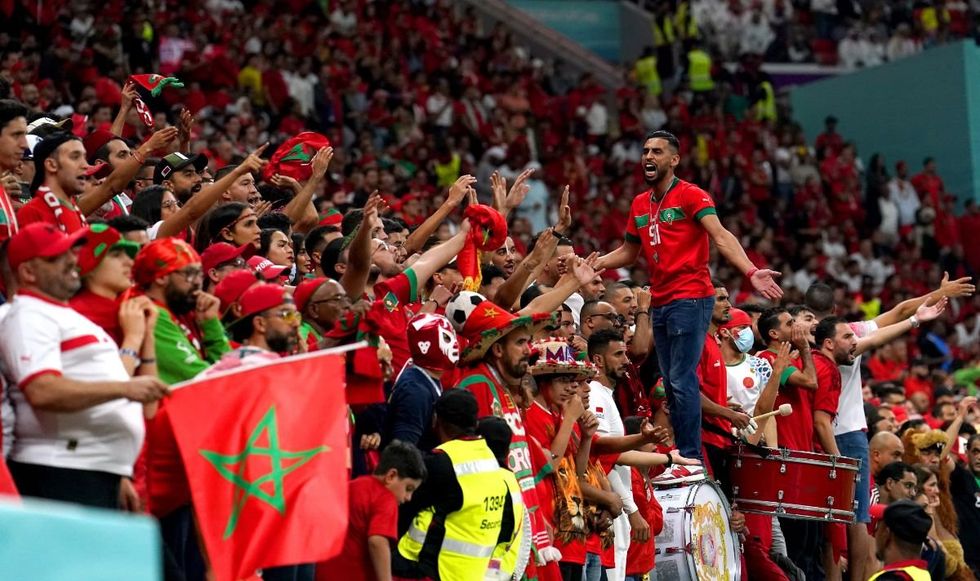
Morocco have been accused of shooting dogs in the street
|PA
She later found the puppies dead at the scene, though the mother's body had been removed.
"That violence does something to you. It does something to your mind," she said.
Morocco's embassy in London has issued a strong rebuttal, stating it "categorically denies" allegations of planned dog culls before the World Cup and maintains a "demonstrated commitment to humane and sustainable animal management".
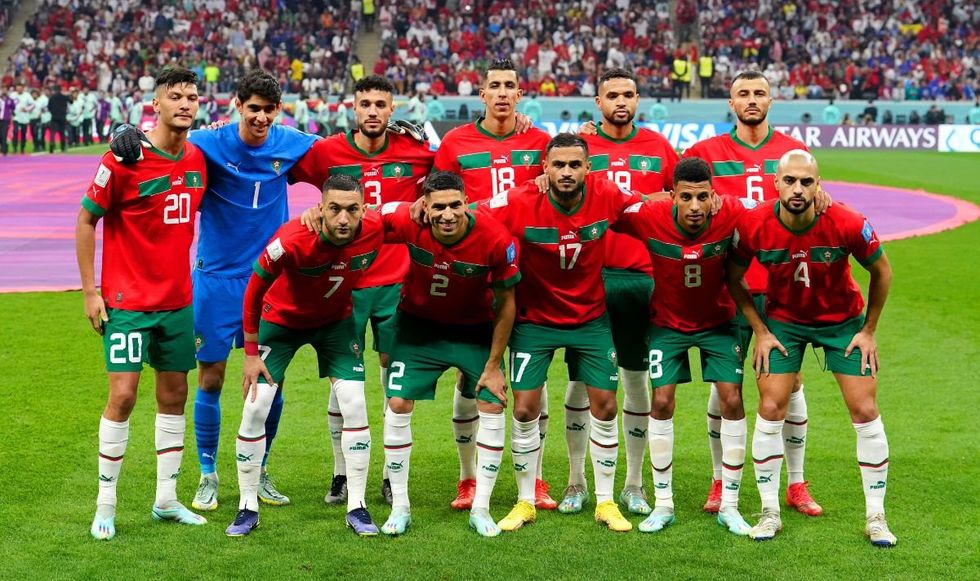
Morocco will host the World Cup alongside Spain and Portugal in 2030
|PA
The government points to investments exceeding £15.2 million in animal control facilities over five years and promises operational shelters in five major cities by year's end.
FIFA responded to mounting pressure by confirming contact with Moroccan football authorities to "alert them" about the stray dog situation.
A FIFA spokesperson stated they received assurances that "a number of measures have been implemented over the last five years and a new law is being drafted to try and address the current situation with a balanced approach that meets the needs of public health and safety and animal welfare".
A judicial decision in Rabat this year determined that the Moroccan state bears ultimate accountability for the killings, establishing governmental oversight responsibility despite authorities attributing stray animal management to local municipalities.
International condemnation continues mounting, with People for the Ethical Treatment of Animals staging a pitch invasion during the summer's Club World Cup whilst displaying banners reading "Morocco, stop shooting dogs and cats".
Nicholas McGeehan from FairSquare criticised FIFA's priorities, stating: "What matters to Fifa is that Morocco looks pretty for sponsors and broadcasters.
The fact that it prioritises this over everything else demonstrates its unfitness to govern something as important as football."
Within Morocco, anti-government protesters have taken to streets chanting slogans including "no World Cup, health comes first" and "we want hospitals, not football stadiums", highlighting domestic opposition to perceived misplaced priorities.


